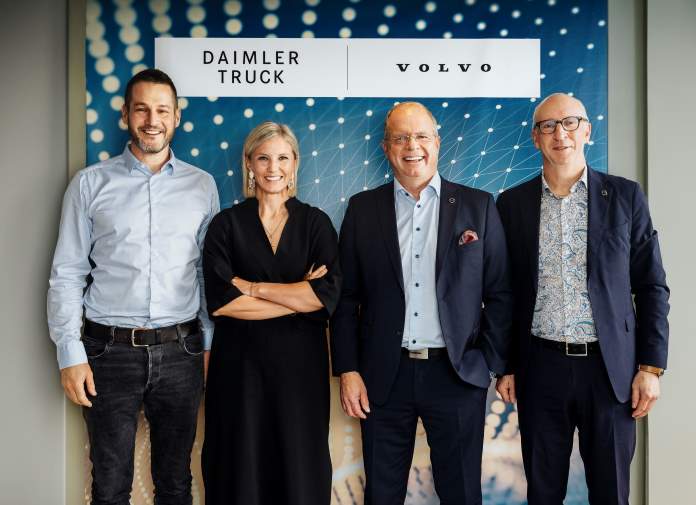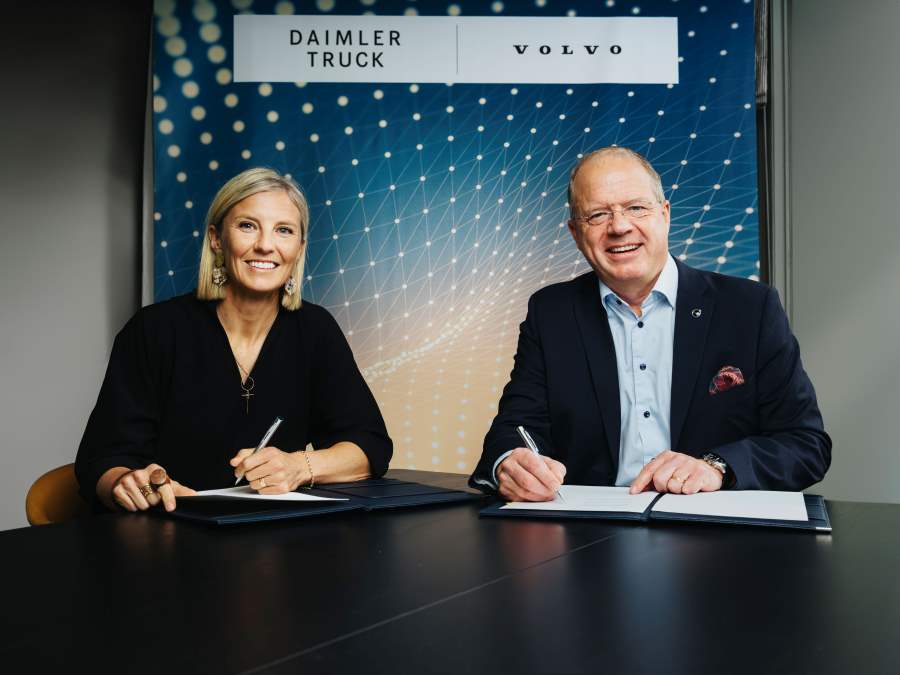Mercedes-Benz Türk’s roof company Daimler Truck, who signed projects that will shape the transportation of the future, signed a joint venture agreement aimed at developing a software-defined vehicle platform that will lead the transformation in the heavy commercial vehicle sector with Volvo Group. The new company aims to set sector standards. The common goal set by Daimler Truck and Volvo Group with this agreement is to develop a truck operating system and to provide the products of the joint venture independent of the brand to other commercial original equipment manufacturers (OEM). However, Daimler will continue to rival Truck and Volvo Group and continue to differentiate products and services sales, including their own digital solutions…

Mercedes-Benz Türk’s roof company Daimler Truck and Volvo Group announced in May of this year that it aims to establish a joint venture that will form a software-defined vehicle platform and a private truck operating system that will form the basis for future commercial vehicles. In this context, two leading companies of the commercial vehicle sector signed a binding agreement for a joint venture. With the agreement, it was started to work on the establishment of a company in Göteborg, headquartered in Sweden. The software -defined vehicle platform, which will be developed with a joint venture, will allow Daimler Truck and Volvo Group to provide independent digital vehicle functions in its products to its future potential customers.
Joint Venture will lead the digital transformation!
The activities of the joint venture include identifying and supplying high -performance control units specially designed for commercial vehicles and processing large data. The new company will develop an operating system and auxiliary programs that vehicle manufacturers can use basis to develop digital vehicle characteristics that differentiate them. This initiative will distinguish software and hardware development cycles in the future and allow customers to buy and update digital applications wirelessly. Thus, customer efficiency and experience will significantly increase. This large -scale joint venture process is expected to be completed in the first half of 2025, depending on all the necessary regulatory approvals.

















